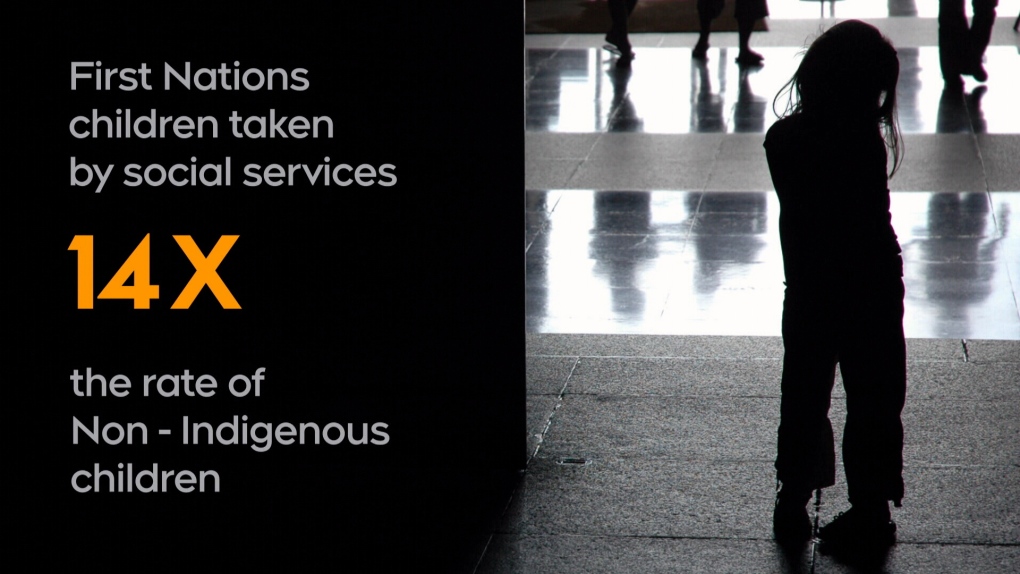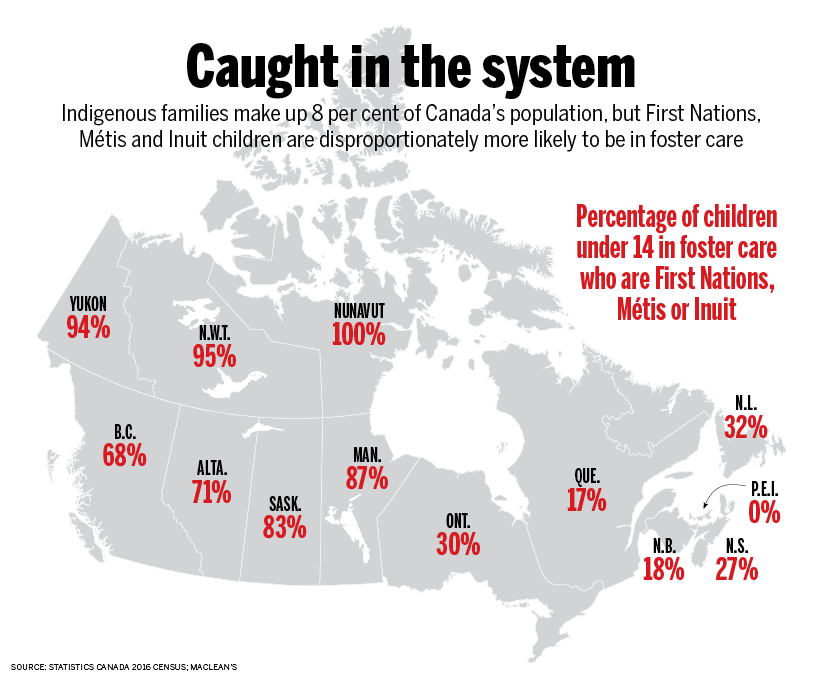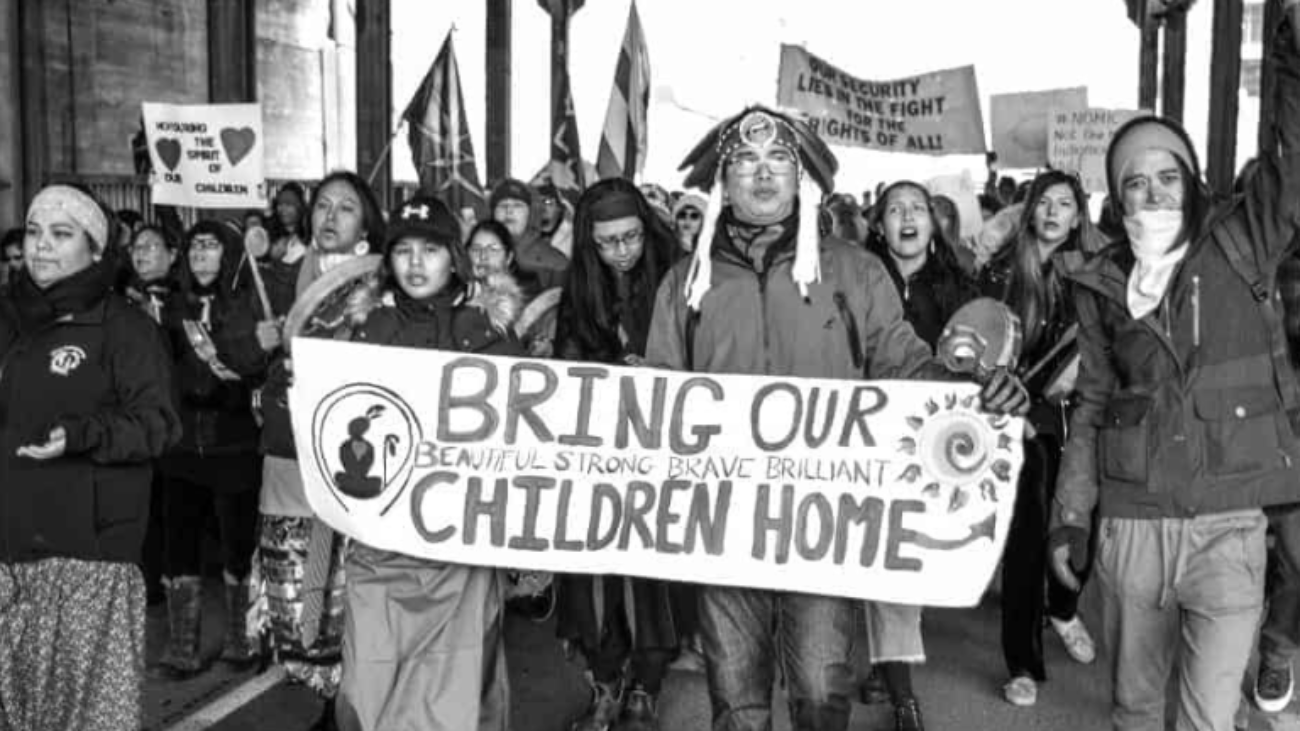The legacy of residential schools has left a profound impact on Indigenous communities, both in Canada and around the world. While the formal residential school system has ended, many Indigenous children and families now face another challenge: the overrepresentation of Indigenous children in the foster care system. In this blog post, we will explore the issue of foster care and its role in the lives of Indigenous children, as well as the need for systemic change.
Historical Context
To fully understand the issue of Indigenous children in foster care, it is essential to recognize the historical context. Residential schools were a form of cultural genocide, where Indigenous children were forcibly removed from their families and communities. These institutions aimed to erase Indigenous cultures, languages, and traditions.

Modern-Day Challenge: Foster Care
Foster care has emerged as a modern-day challenge that disproportionately affects Indigenous children. The reasons behind this disparity are complex and interwoven with historical trauma, socio-economic disparities, and systemic issues:
- Historical Trauma: The intergenerational trauma caused by residential schools still affects Indigenous communities today. This trauma can lead to struggles within families, making them more vulnerable to child welfare intervention.
- Socioeconomic Disparities: Many Indigenous communities face higher rates of poverty, inadequate housing, and limited access to quality healthcare and education. These disparities can contribute to child protection cases.
- Cultural Disconnection: The loss of cultural identity due to the effects of colonization and residential schools has left many Indigenous children and families without a strong connection to their cultural heritage.
- Bias and Discrimination: Racial bias and stereotypes can lead to discriminatory decision-making within the child welfare system, resulting in Indigenous families being more likely to have their children removed from their care.
Impact on Indigenous Children
The overrepresentation of Indigenous children in foster care has a profound impact on their lives:
- Cultural Disconnection: Indigenous children often grow up disconnected from their culture, traditions, and languages.
- Loss of Identity: Being separated from their families and communities can lead to a loss of identity and a sense of belonging.
- Continuation of Trauma: The removal of children from their families can perpetuate the cycle of trauma within Indigenous communities.
- Disproportionate Challenges: Indigenous children in care may face challenges in accessing quality education and healthcare, perpetuating socio-economic disparities.

The Need for Systemic Change
Addressing the issue of Indigenous children in foster care requires systemic change and a commitment to reconciliation:
- Cultural Sensitivity: Child welfare agencies must prioritize culturally sensitive care and support for Indigenous families.
- Community Involvement: Empowering Indigenous communities to take the lead in child welfare with greater self-determination can address unique needs and challenges.
- Policy Reforms: Advocacy efforts are pushing for legal reforms that address racial bias and discrimination in the child welfare system, ensuring a more equitable process.
- Prevention over Removal: A shift in focus from removal to family preservation within child welfare can help keep Indigenous children within their communities whenever possible.
Foster care, while different in nature from residential schools, continues to be a significant challenge for Indigenous communities. To move forward, it is vital to recognize the historical context and systemic issues that contribute to the overrepresentation of Indigenous children in foster care. Systemic change, cultural sensitivity, and community involvement are essential steps toward ensuring that Indigenous children are no longer disproportionately affected by the foster care system, and that they can grow up connected to their culture, traditions, and families.


